While most schools are offering online support and educational resources to students, it can be difficult for children to adjust to this new change and even more overwhelming for parents of children with attention and learning disorders. According to the Center on Online Learning and Students with Disabilities, parents of students with disabilities that are educated in full-time virtual settings spend more time supporting their child’s day-to-day online learning than parents of students in blended settings, even though few parents report having expertise in providing special education services.
This can be a daunting task for parents and to help provide them with additional support, Dr. Laura Kenealy, a neuropsychologist and Dr. Hayley Loblein, a postdoctoral fellow, both at Children’s National Hospital, share some tips for parents helping children with learning disabilities and attention difficulties learn from home.
Check-in with your child’s teacher and/or education teams
Your child’s teacher is an expert in how your child learns and can offer invaluable advice about what works well and changes that can be made to the curriculum. Dr. Kenealy advises parents to check in with their child’s teacher and ask them the following:
- What strategies work well with their child?
- What is the expectation of parent involvement?
- Are there certain accommodations that can be implemented?
If your child has a 504 plan or an IEP, ask to have a virtual meeting with the education team to see what services, accommodations or modifications can be provided remotely. Your child continues to have the legal right to an appropriate education during this time. If certain services cannot be provided now, ask the team to document the unmet need and a plan to provide compensatory services at a later time.
Create a learning space
Create a learning space for your child. As parents working from home for the first time may realize, it’s hard to be as productive at home due to the increased distractions. Creating a learning space helps to separate learning/school time and family/home time and is a good first step to helping with focus. This can be done by creating a quiet and clutter-free environment. Remove any distractions and, if possible, limit access to distracting websites. Try to avoid letting your child work in their bed, because this can disrupt sleep.
Keep regular routines
Kids thrive with structure, and routines help them feel safe. Parents should aim to be consistent when it comes to their child’s sleep schedule and daily routine. While times can be adjusted for adolescents (for example, starting at a later time), Dr. Loblein suggests that parents keep their child’s schedule consistent and have the same bed time each night, even on weekends. Visual schedules can also be helpful to maintain routines. Timers and alarms can be helpful reminders to log into online classes. Schedule time for movement/exercise breaks and be sure to mix up preferred and non-preferred activities. (Don’t leave all of the difficult tasks for the end of the day!)
Use available technology
There are many free technology resources for kids with attention and learning challenges. If your child struggles with reading, audiobooks and text-to-speech software are readily available. Graphic organizers can help with writing organization and dictation software can help if your child struggles with spelling or handwriting. Use everyday household items (e.g., crayons, coins) as manipulatives to help with math. Finally, use technology to your advantage: adjust the speed of videos, turn on closed captions and suggest different response modes (for example, can your child record a video instead of writing a response?).
Stay positive and manage expectations
Celebrate the small victories. For example, did your child attend two online classes instead of just one? If so, that’s great! Focus on what is going well and “catch” your child being good by offering immediate, labeled praise. Remember, you are a parent first. Try to not let learning struggles increase family conflict.
Promote parent self-care
Caregivers tend to put their needs aside to help their children, but this can lead to stress and burnout. Ultimately, this can interfere with how well they can help their children.
Dr. Kenealy encourages parents to meet their physical, emotional and social needs and direct them to support as needed. There are several good online communities for parents who are struggling to help their child learn at home. Once parents and families are able to get their needs met, they will be equipped to help their children.
This blog post originally appeared in Northern Virginia Magazine online.
 https://riseandshine.childrensnational.org/wp-content/uploads/2024/09/Special-Ed-Classroom-feature.jpg
300
400
Rise and Shine
https://riseandshine.childrensnational.org/wp-content/uploads/2017/11/childrens_riseandshine_logo.jpg
Rise and Shine2024-09-25 11:41:462024-09-25 11:47:28Special education: What is it and is it right for your child?
https://riseandshine.childrensnational.org/wp-content/uploads/2024/09/Special-Ed-Classroom-feature.jpg
300
400
Rise and Shine
https://riseandshine.childrensnational.org/wp-content/uploads/2017/11/childrens_riseandshine_logo.jpg
Rise and Shine2024-09-25 11:41:462024-09-25 11:47:28Special education: What is it and is it right for your child?


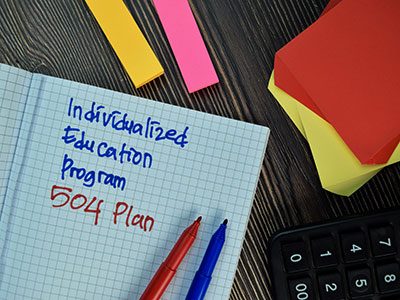
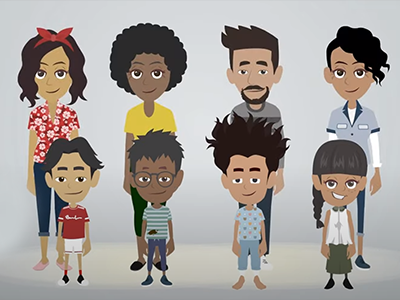


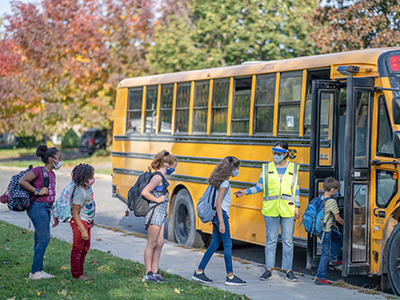




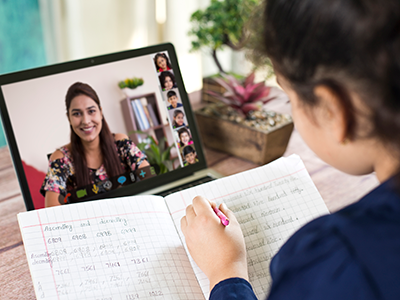



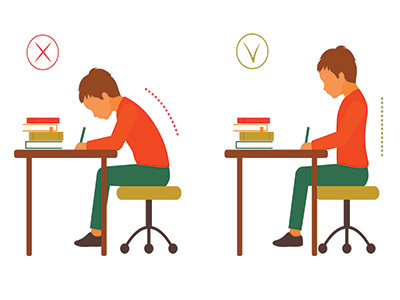


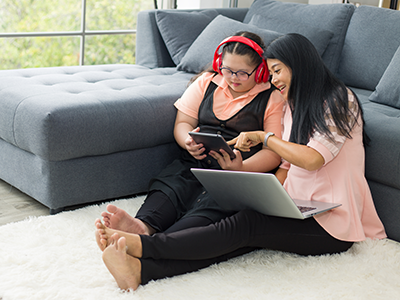

Leave a Comment
Want to join the discussion?Feel free to contribute!